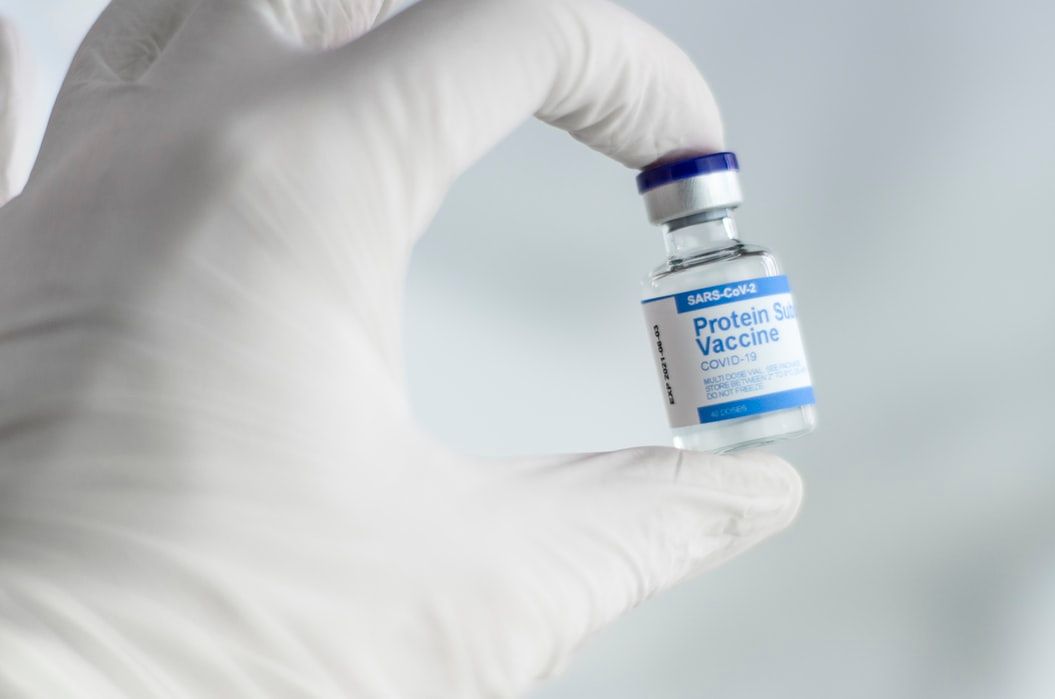Johnson & Johnson, on Saturday, received approval for the emergency use of its single-dose COVID-19 vaccine in India.
“India expands its vaccine basket! Johnson and Johnson’s single-dose COVID-19 vaccine is given approval for Emergency Use in India. Now India has 5 EUA vaccines. This will further boost our nation’s collective fight against #COVID19,” Union Health Minister Mansukh Madaviya tweeted.
The vaccine-maker had on Friday said that it sought the emergency use approval. As per the US Centers for Disease Control and Prevention (CDC), the single-dose vaccine has high efficacy but the vaccine has faced a fair share of controversies, raising certain doubts.
How does the J&J vaccine work?
Johnson & Johnson, unlike most of its competitors, does not use RNA. Ribonucleic acid helps the body build its defenses against the virus. However, it is an adenovector vaccine. Adenoviruses are considered excellent vectors for delivering target antigens to mammalian hosts because of their capability to induce both innate and adaptive immune responses, Dr Sanchari Sinha Dutta writes. The adenovirus teaches the human body to make spike protein. That causes the immune system to react by making antibodies to attack the spike protein.
Also read: How was carcinogen Benzene found in Neutrogena sunscreens?
Apart from antibodies, the vaccine also elicits the production of immune T cells, which kill infected cells and help make more antibodies. Oxford-AstraZeneca and Sputnik’s shots are both adenovirus vector vaccines, too.
They all use double-stranded DNA molecules to carry genetic instructions, rather than single-stranded RNA used by Pfizer and Moderna.
DNA is more rugged, which allows these vaccines to be stored at warmer temperatures.
The symptoms of blood clots: Symptoms like severe headache, abdominal pain, leg pain, or shortness of breath can occur within three weeks of a J&J shot. In few reported clotting cases, symptoms occurred six to 13 days after the vaccination. Some flu-like symptoms may also occur within a day or so of receiving the vaccine.
Also read: Three vaccine doses or two? Debate over third booster shot grows
Effective after one dose: The Johnson & Johnson vaccine is currently the only vaccine, which is effective after only one dose.
Temperature: Johnson & Johnson vaccine can be refrigerated for up to three months at normal temperatures.
Dosage: The Strategic Advisory Group of Experts of WHO recommends that the single dose (0.5 ml) Janssen Ad26.CoV2.S vaccine should be administered intramuscularly. It adds that there should be an interval of 14 days before the administration of this vaccine and any other vaccine against other health conditions.







